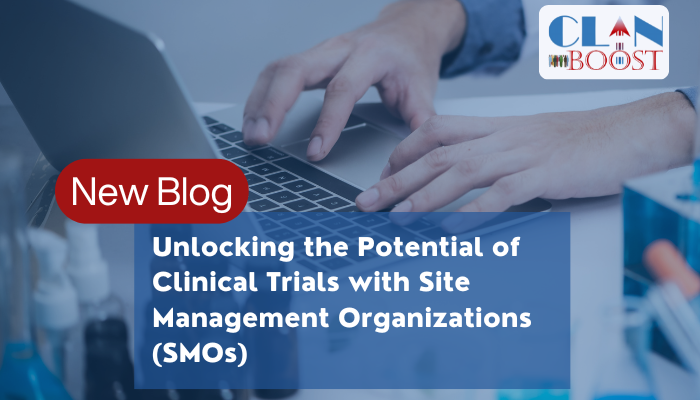Clinical trials are a great opportunity for Physicians to learn new skills, explore new challenges, and contribute to the advancement of medicine and science as well as the opportunity to earn extra revenue. To learn more about benefits, click here.
- The first and foremost step would be to complete some mandatory training to acquaint themselves with the basic principles and processes involved in conducting research on human subjects. The staff who will be involved in seeing research patients during visits or other research activities would also need to be trained or a CRC (Clinical Research Coordinator) can be hired.
- Clinical research can be conducted in private practices, group practices, clinics, or hospitals settings. Existing infrastructure, equipment, and resources can be leveraged to have the research program up and running. There may be a need for some additional equipment in order to comply with the regulatory requirements such as monitoring devices to record the temperature of investigational product or the CLIA waiver for the lab; which can be arranged and worked on with some additional guidance.
- Once the staff is trained and the site is research-ready, it’s time to find the appropriate trials that match the interest and specialty of the practice. Physicians who are research naïve can start with observation trials to help gain insights into clinical trials as well as experience working with different stakeholders (CROs, Sponsors, IRB, Lab vendors, etc.) in a regulated environment before jumping into treatment trials.
- In the next steps, CRO/Sponsor would evaluate the site to make sure it is equipped and has the specific patient population they are looking for recruitment. Sponsor/CRO (Clinical Research Organization) will also make sure that the physician’s medical license is active in the state and the training of research staff is up to date. If the Site is selected both parties will sign a contract and the Physician agrees to take the overall responsibility of conducting a trial at his/her site. The startup process also includes approval from IRB (Institution Review Board) before any study activities start at the site to protect the rights, safety, and well-being of study participants.
- Following the IRB approval and the contract/budget with the Sponsor/CRO is finalized, a site initiation visit (SIV) is scheduled by a CRA (Clinical Research Associate) to ensure that everything is in place for the site to begin enrolling patients and provides protocol training to the staff. The CRA would stay in touch with the site throughout the study and visit the site from time to time to assure the integrity and accuracy of research data being collected at the site.
The process of starting clinical trials as an investigator is often perceived as intimidating and laborious, but ClinBoost has streamlined the startup process in an effort to reduce the burden on research naïve physicians. Get in touch with us today to learn how ClinBoost can help and make the startup easy for you.



